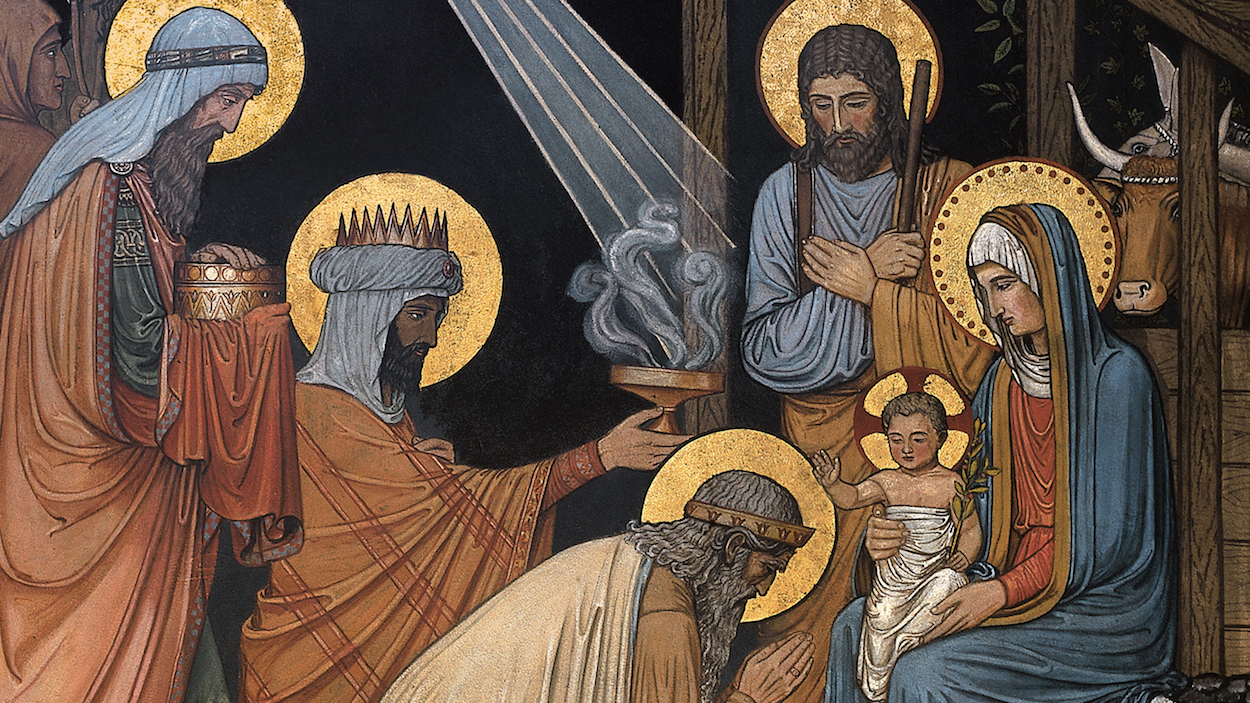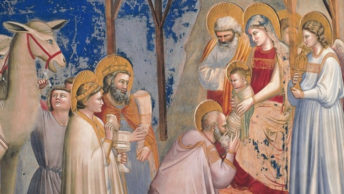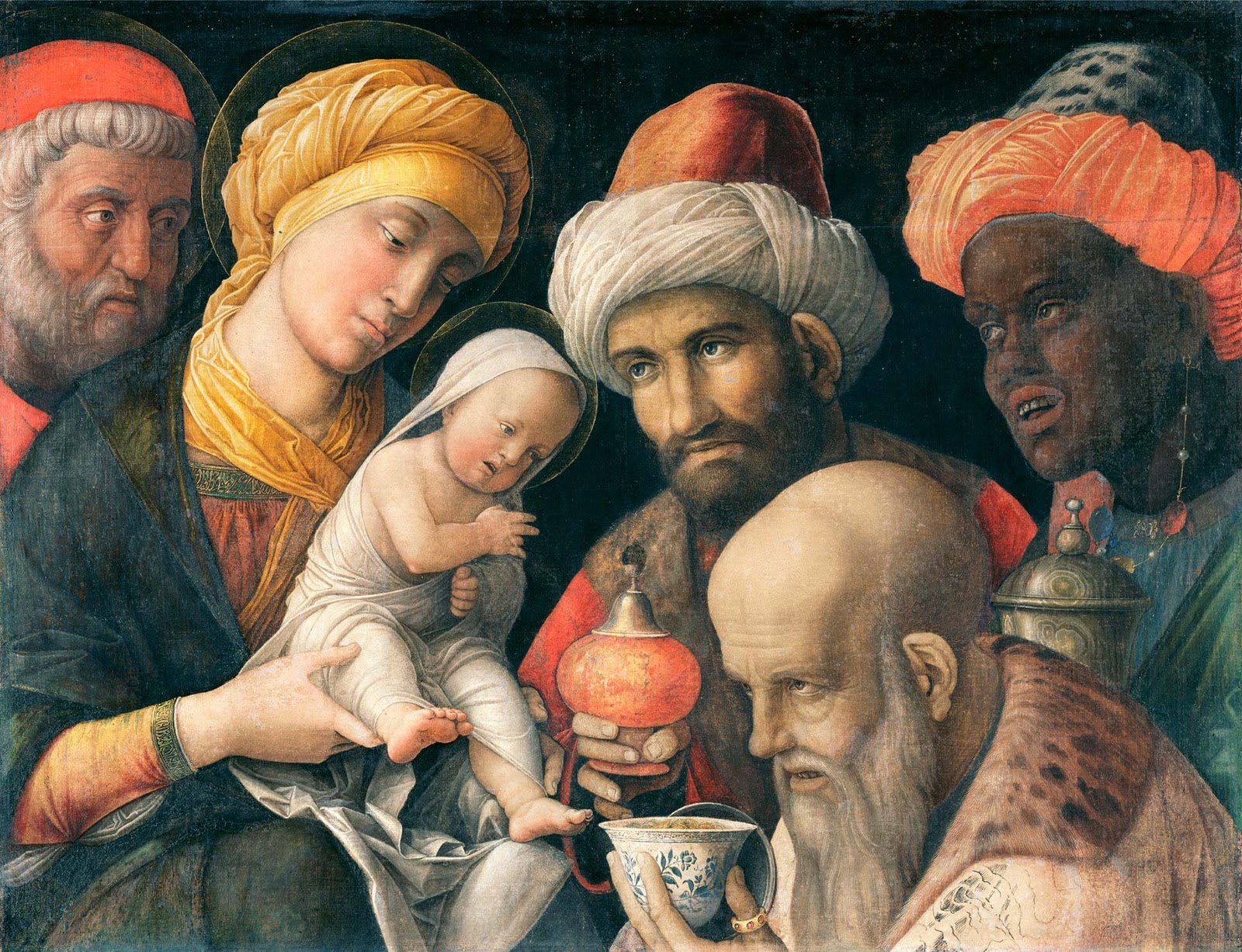Some years ago there was an interesting psychology experiment that became known as the “Good Samaritan Study.” The researchers stationed themselves near a pay phone and studied the people who used it. The first thing they noticed was that almost everyone making a phone call afterwards checked the coin return slot to see if there were any coins present in it; it was as if those who paid for the use of the phone felt an irresistible urge to see if the phone mistakenly refunded the money. This behavior gave the researchers an idea. The next day they sometimes put coins in the coin return slot, so that some of the people using the phone actually found money there. The observers also hired a young woman to walk past carrying an armful of books, and pretend to stumble and drop them at the very moment the phone callers were hanging up. To their amazement, the psychologists discovered that the people who found money in the coin return slot were four times more likely to stop and help the woman pick up her books than the people who didn’t find any coins. They concluded that when people feel good, they tend to share that good feeling with others. Learning of this experiment, one clinical psychologist made a point, whenever he went out jogging, of taking along a handful of coins and tossing them at various places along the sidewalk, hoping to start a chain reaction of good feelings and good deeds (William J. Bausch, 40 More Seasonal Homilies, pp. 25-26).
Psychologists may have thought they discovered something significant, but the results of the so-called “Good Samaritan Study” shouldn’t be a surprise to us as Christians if we’re trying to take our faith seriously. Just as love can’t be turned on and off with a switch, so the light of faith isn’t meant to be boxed in, limited, or confined. Jesus came to be light for a world darkened in sin—and if we are truly His followers, that light must shine through us and make a difference in the lives of others.
King Herod lived in the intense darkness of absolute wickedness, and because of his paranoia and murderous rages, the entire city of Jerusalem lived in the darkness of fear. That’s why he and all the people were greatly troubled when wise men from the east arrived speaking about the star of a newborn King. After learning more about the magi’s mission, Herod cunningly tried to turn to the situation to his advantage, pretending he wanted to worship the infant child himself. However, God’s grace blinded him and prevented him from fulfilling his evil plan, even as the heavenly star led the magi to Our Lord’s location and allowed them to worship Him and present their gifts. Divine light is always more powerful than the darkness of sin—and we are called to cooperate with this light and thus play our part in God’s plan. In Isaiah (60:1-6) we hear the words “Rise up in splendor, Jerusalem! Your light has come. . . . Nations shall walk by your light, and kings by your shining radiance.” St. Paul (Ephesians 3:2-3a, 5-6) tells us that this was God’s intention all along, for the Lord offers the light of truth to all who are willing to accept it.
Unfortunately, not everyone wants to live in the light of grace; many people seem to prefer, if not the outright darkness of sin and error, at least the shadows of selfishness and indifference. Before getting on a commuter train every morning, a man named Tim purchased a newspaper at the same newsstand each day. Tim always greeted the news vendor very courteously, but in return received a gruff and disrespectful response. Even when the newspaper was practically flung in his face, Tim smiled and wished the surly newsman a nice day. Another commuter noticed this and asked Tim, “Does he always treat you so rudely?,” and when Tim answered yes, continued, “Then why are you so nice to him in return?” Tim explained, “Because I don’t want him to decide how I am going to act” (Michael P. Green, 1500 Illustrations for Biblical Preaching, pp. 129-130). When we let the bad example of others influence or determine our behavior, we’re spreading darkness, and the world sinks even further into sin. When we respond to every situation with Christian charity, however, we are spreading Christ’s light and allowing God’s grace to flow through us and touch others—even if we don’t see any immediate results.
The word “epiphany” means manifestation or showing, and the Feast of the Epiphany not only celebrates the appearance of the God-made-man in our world; it also reminds us that every day we are demonstrating or showing whether we’ve chosen to live as children of light or as children of darkness. There are some people, like the clinical psychologist scattering coins while jogging, who go about trying to make others happy. There are others who, given the chance, would go around spreading misery and unhappiness—or, at the very least, go through life showing no consideration or concern for other people. I don’t think it’s necessary to ask which group we belong to; after all, the very fact that we’re here at Mass should mean we want to help make this world a better and more loving place. Instead, the question is: how are we doing in our efforts to share the light of Christ’s truth and love? The start of a new year is a good opportunity to review our efforts in this regard, and to recommit ourselves to putting our faith into practice and by being available to help others seeking to discover the true meaning of life.
Our expressions of concern and support for someone going through a rough time, our respect for people who are disagreeable or different from us, our polite but firm defense of the Catholic faith, our patience with irritating or annoying people, and our willingness to pray for all those trapped in the darkness of sin, prove that we are truly followers of Jesus—and can sometimes serve as a source of light and direction to those stumbling about in the shadows and darkness while searching for meaning and hope. Herod feared the light, and his self-chosen darkness ended up destroying and damning him. The magi embraced the light, and so a heaven-sent star led them to the true light of the world. We need not imitate the wise men by presenting gifts of gold, frankincense, and myrrh; rather, Jesus wants our obedience, our service, and our trust—for He will use these gifts to let His love and truth continue shining forth in the world around us.








